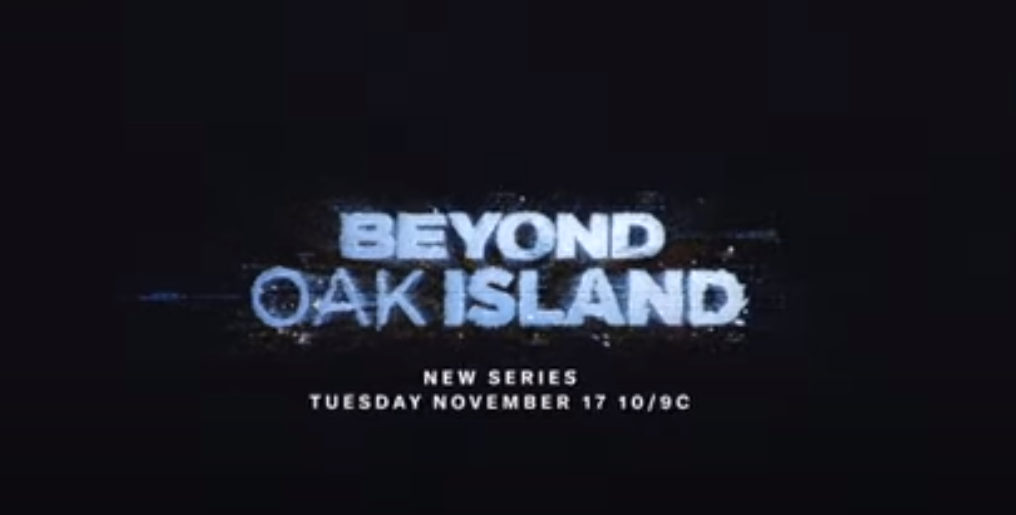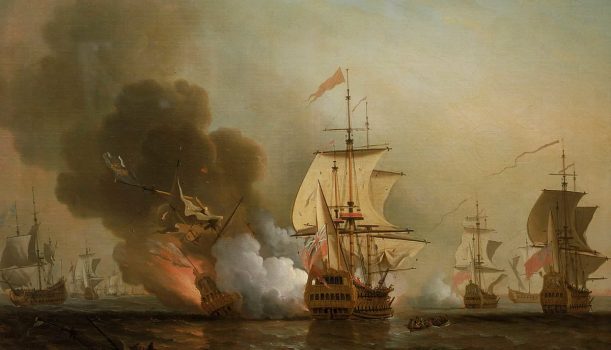
Even though Episode 3 of Beyond Oak Island discussed quite a few different lost treasures and hunts, it was mainly an episode on the obstacles to claiming or keeping ownership to treasures that were lost, and then found. Who owns a ‘lost treasure’? This important question for treasure seekers isn’t always easily answered.
During the episode, Matty Blake sat with Rick and Marty Lagina around the table in the war room of Oak Island, and basically asked various questions on different situations and ownership of treasure.
They talked about the ‘grey areas’ of ownerships of found objects, with not only Oak Island, but with many other discoveries across the world. Rick and Marty mentioned that they believe if treasure is eventually found on Oak Island, the situation with ownership, can be worked out. However, this doesn’t always happen, as the episode’s first found treasure example of litigated chaos demonstrated.
Marty shared that he and Craig Tester, along with others, invested in a company searching for lost treasure off the coast of Cape Canaveral. The company, Global Marine, owned by Bobby Pritchett, researched, obtained all necessary permits, and actually discovered 5 sunken ships, with incredible treasure, off the coast.
However, it was discovered some of the artifacts were of French origin. This rose suspicions from the state of Florida that it could be the sunken 1565 Military French ship of the La Trinite, which resulted in Florida to invoke the Sunken Military Craft Act, on not only the one ship, but all of them found by Global Marine.
The Act allowed France to claim the contents, and therefore Global Marine could not retrieve any of the treasure, or recoup their investments for finding the ships. At least not yet. The legal fight continues.
Discussion then moved to a more positive position of treasure. In the UK, if a metal detectorist finds a treasure, they are required to report the discovery to authorities. Statistics show that 90% of recent treasure finds are that from detectorists, and the authorities are very fair to these detectorists.
The finders can keep 50% of the treasure itself or its determined value, if decided the ‘treasure’ is of historical nature and should be placed in a museum or other place for the public to share in the discovery as well. This system is rewarding for all involved. It’s an everyone wins scenario.
Nonetheless, even with this generous stance, discussions went to an instance where a discovery in 2015, of an incredible valuable Viking treasure, wasn’t reported by the finders in UK. While the finders had to deal with the law then, what was most disappointing is that the hoard of 300 coins were sold on the Black Market, and only 30 have been recovered to date. They are of an immense historical value.
Other discussions on battles of ownership of the San Jose, a shipwreck off coast of Cartagena Colombia, and the Golden Buddha, hidden in the Philippines, were covered.
The episode ended with feelings that lost artifacts are important to history, and it is their stories that are the most valuable. It is a belief that these mysteries need solved, and their treasure tales shared.

